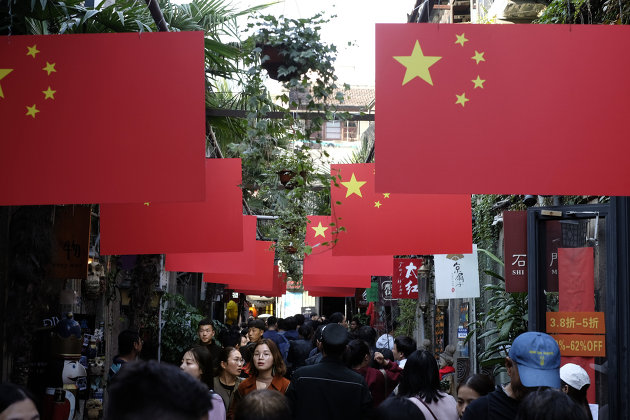
India's attempts to decouple from China in API supply chain face major problems
By Rhod Mackenzie
India's attempt to "decouple" from China in the supply chain for active pharmaceutical ingredients (APIs) could lead to significant costs for the Indian and global pharmaceutical industry, this was cautioned by Chinese industry analysts. Such a move could impact the final market prices of medicines.
Some pharmaceutical manufacturers in India are apparently attempting to decrease their dependence on Chinese contractors who manufacture drugs used in clinical trials and initial-stage manufacturing, according to a Reuters report on Monday.
India has historically been greatly reliant on Chinese importations for drug synthesis. According to a previous report by the Indian government, India acquires over half of its APIs from China, since it is a less expensive option than manufacturing them locally, according to news outlets.
Industry analysts noted that despite the increased effort in India and certain Western nations to separate from China, China's position as the primary provider of raw materials for drug production remains unwavering.
"China's supply chains for APIs and intermediates are well-developed in terms of production cost, quality and capacity. This enables Chinese industry players to maintain a competitive edge in the global market," disclosed a domestic drug industry analyst to the Global Times on Monday.
They wished to remain anonymous. "Should India intend to decouple from China concerning the API supply chain, it could lead to a surge in global drug prices, ultimately impacting consumers with higher costs," added the source.
Decoupling from China in the industry supply chain is not practical.
A CareEdge report indicated substantial growth in the contribution of bulk drug imports from China, increasing from 64% to 71% in terms of value and from 62% to 75% in volume between the financial years of 2014 and 2023.
In 2022-23, India imported APIs and intermediates worth £3.18 billion from China, representing a 1.74% increase from the previous year, according to media reports.
The trend endures despite external uncertainties. On Monday, a manager from a leading domestic pharmaceutical company, located in Zhejiang Province, East China, informed the Global Times that his company has been exporting APIs and intermediates to India for several years.
Although there were fluctuations in demand from India during the COVID-19 pandemic, the export situation has shown improvement in the post-pandemic era. "This year, we export even more to India than last year," added the manager.
Another company based in Zhejiang informed the Global Times that it has detected an increasing effort from India to decrease dependence on Chinese imports.
"Although it is premature to assess the potential consequences, we are enhancing our manufacturing capabilities and expanding our supply network to other nations, not only in India, to mitigate potential risks," stated a company representative.
Whilst India remains a significant trading partner, the business is broadening its exports to alternate markets, such as various European countries and Japan. According to the source, these markets have recently gained prominence and are now occupying a greater share in the API trade.
"I am confident that our advantages from the global division of labour remain intact, despite India possibly taking other political factors into account within this sector," stated Wang Xuegong, Deputy Director of the China Pharmaceutical Enterprises Association, in an interview with the Global Times on Monday.
Instead of pursuing "decoupling," analysts from China suggest that India and China, both essential suppliers to the global medicine sector, should prioritise collaboration to discover ways to enhance their cooperation for mutual benefits instead of creating competition.
